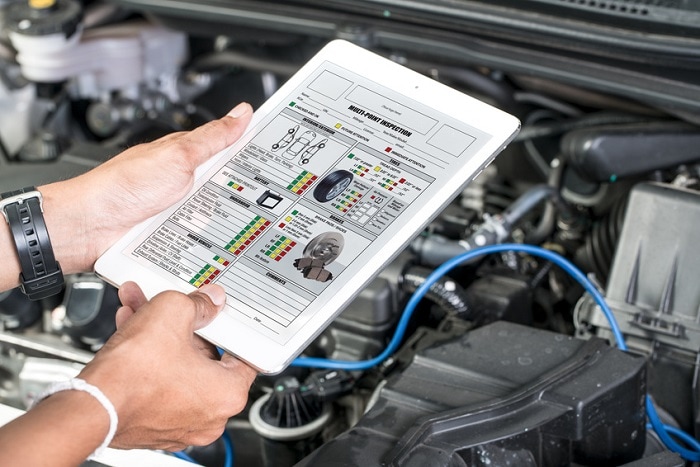
Vehicles require regular inspections to ensure they’re in optimal operating condition. There’s no substitute for an evaluation at a Volkswagen service center in Parkville, MD. Learn what goes into an inspection, what it includes, and how it differs from an inspection at a third-party auto shop.
What Is a Vehicle Inspection?
A vehicle inspection is precisely what the name suggests. It’s an evaluation of the car’s critical working components. This includes various parts in the engine, transmission, suspension, and more.
The purpose is to detect deficiencies in their early stages and prevent them from exacerbating into a bigger problem requiring expensive repairs or replacements.
A typical inspection includes core services, including but not limited to:
- Oil change or flush
- Tire alignment and balance check
- Engine control unit (ECU) evaluation
- Fluid check and top-off
- Undercarriage check
- AC/heater check
Dealership Inspection Vs. Independent Auto Shop Inspection
There are several key differences between the inspection service at a dealership and an inspection from an independent auto shop. Here are the major points:
- Dealerships only use OEM parts for repairs. Auto shops tend to use cheaper but inferior aftermarket parts, though some may be able to order OEM parts upon request.
- Dealerships employ mechanics certified by the automaker. All of our technicians are trained to work on Volkswagen models. In other words, they’re specialists.
- Dealerships usually have a separate authorized tire center. Our dealership has a department dedicated to tire services.
Make an appointment at Heritage Volkswagen Parkville. A professional inspection is the only way to pinpoint areas of deficiency and prevent them from evolving into a much more expensive and inconvenient issue. Whether you own a Volkswagen Tiguan or Volkswagen Jetta, give it the routine inspection it deserves.
 AdChoices
AdChoices